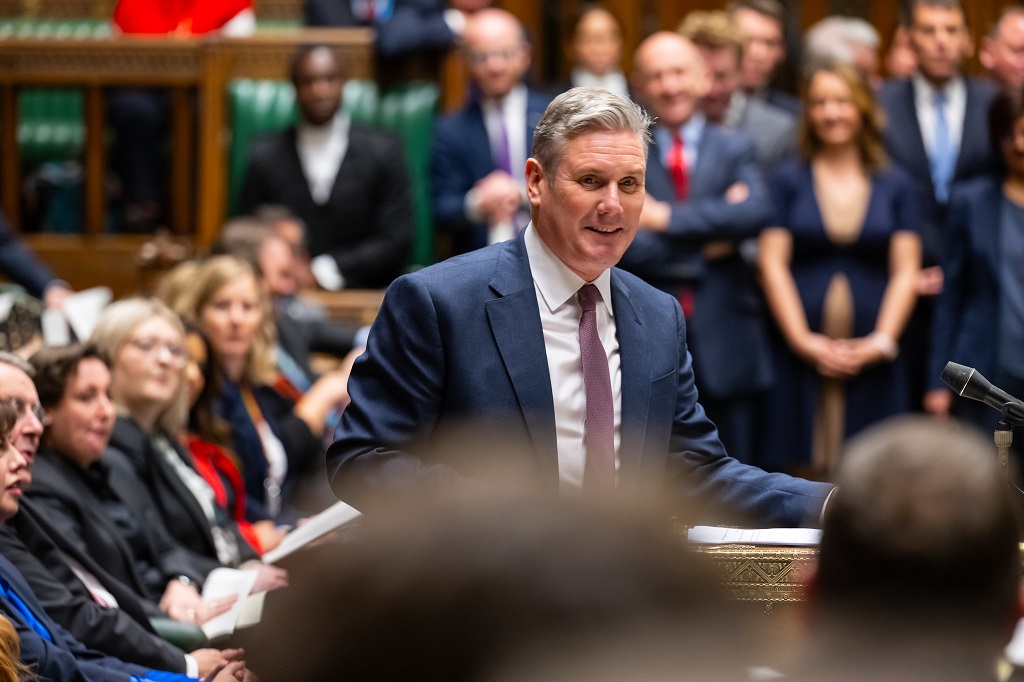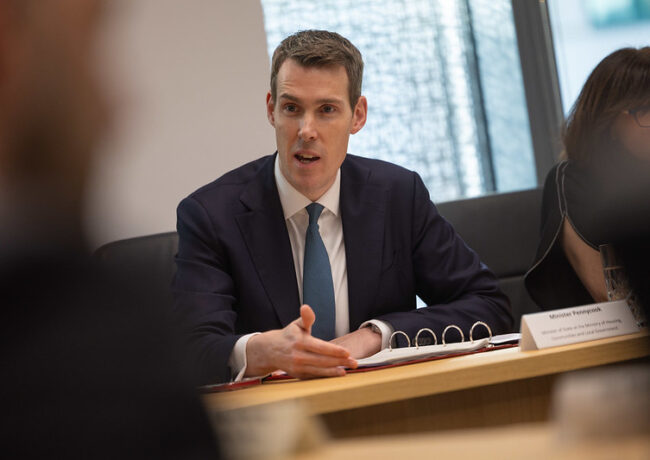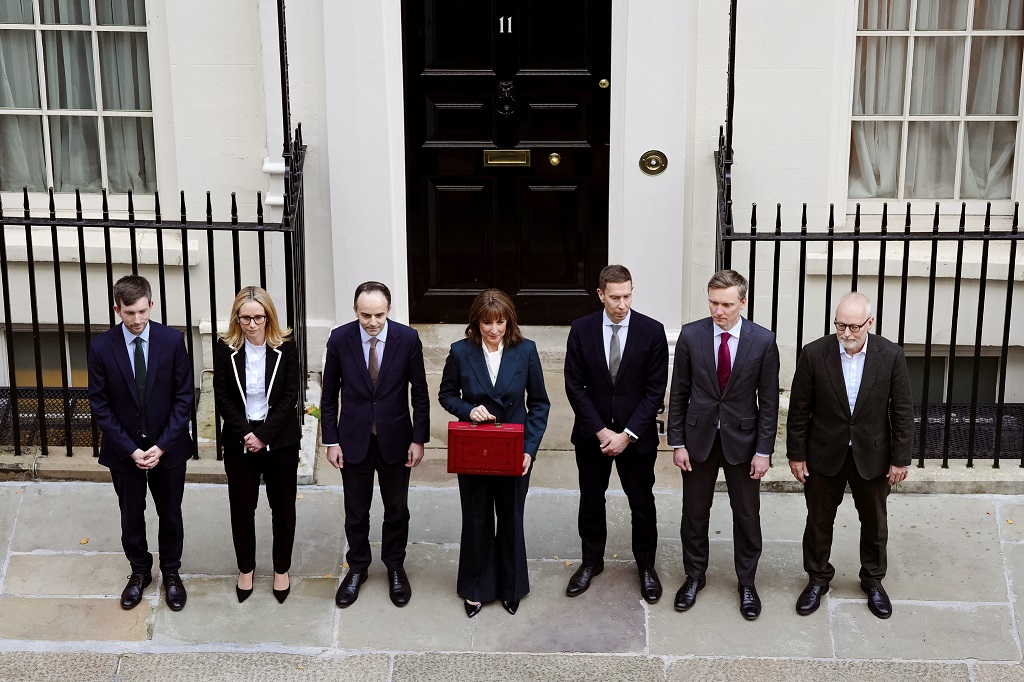Northern cities represent opportunity for Starmer
Who would be a statistician? The Office for National Statistics has received flak in recent weeks from economic commentators for casting doubt over its own data.
A reduction in the number of households completing ONS jobless surveys, and changes to the way the agency collects PAYE payroll figures, added to the irksome revisions up or down that are published months after initial data – all do nothing to instill confidence.
The regular joblessness figures came out a week later than scheduled in October and showed unemployment rising, to 4.3% in total across the UK.
Breaking down the ONS’s latest “experimental data” for the North shows:
- The number of payrolled employees in North was steady at 23% of the UK total, the same as a decade ago; 6.8m today out of 30.1m
- North-South productivity gap illustrated by below-par pay in the North: Average gross pay was £2,608/month in August 2023, compared to the UK average of £3,065
More than one in five workers are in the North but they earn 15% less than the national average. This just shows the scale of the mountain that needs to be climbed.
Much has been written about how to do this and how long it would take to close the North-South divide.
Invest in core cities
Among the latest notable efforts in this thinking is the Economy 2030 Inquiry by the Resolution Foundation and the Centre for Economic Performance at the LSE, funded by the Nuffield Foundation.
Albeit primarily focused on Birmingham and Greater Manchester, there are illustrative mentions and lessons for core cities across the country. Authors recommend three broad areas of investment:
- Building homes
- Boosting connectivity
- Bigger city centres
Liverpool, North of Tyne, and West Yorkshire have some of the worst congested roads in the UK, according to the Department for Transport analysis quoted in the report.
Leeds does well for its large city centre labour market – the theory being that larger city centre workforces boost a city region’s productivity – but needs to be far bigger to really capture the benefits of scale for all.
Bigger means better connectivity to jobs. Housing comes into this, as higher incomes tend to be required to live in better-connected places. Retaining graduates means good public transport must be available for them to access decent jobs.
More social housing must be provided as the core cities expand “in order to ensure that people can afford to live in a more prosperous city region”.
The political leadership of the North knows much of this argument of course and is getting better at banging the drum and singing its song.
Change the tune
With HS2 binned and a general election around the corner, it’s important to maintain the pressure for change.
The more confident and competent leaders in office in the North’s cities these days are ready to take to the stage and the airwaves to make their opinions known. Too often in the past it wasn’t clear what our city leaders thought about national policy.
Just as leadership has improved, the business plan for areas has got tighter, something that Whitehall civil servants and Westminster ministers look for when they lift their heads to peer over the wall at ‘the regions’. Is there a vision? Is there strong leadership without infighting?
Crucially, there is clear evidence that regional investment works. Leeds, Newcastle, and Manchester show good rates of return on investment. And Liverpool attracted more investment than anywhere else in the decade to 2019 as a proportion of GVA, a measure of productivity.

Credit: Resolution Foundation
Short-term parliamentary cycles do not help long-term thinking when it comes to difficult decisions. If we are looking at a Keir Starmer premiership in 2024, what he announces in his first 100 days and implements in the first year or two before he starts thinking about re-election will be vital for the North.
That much of the Red Wall felt so left behind by Labour in recent years would reasonably suggest Starmer cannot afford to do so again. Let’s hope he has been reading all the right statistics lately to allow him to see the North for the opportunity that it truly represents.
Paul Unger is publisher of Place North.





